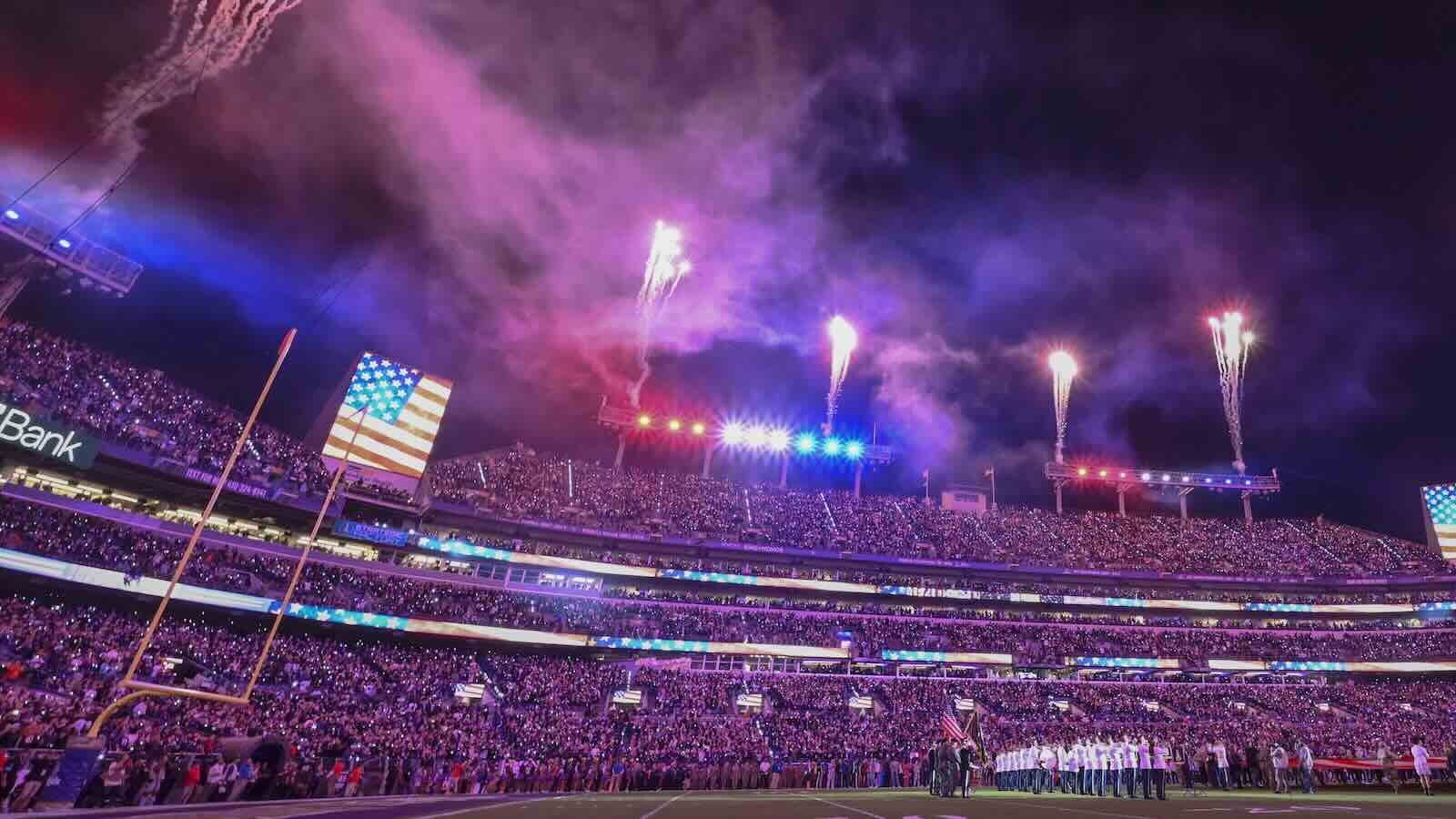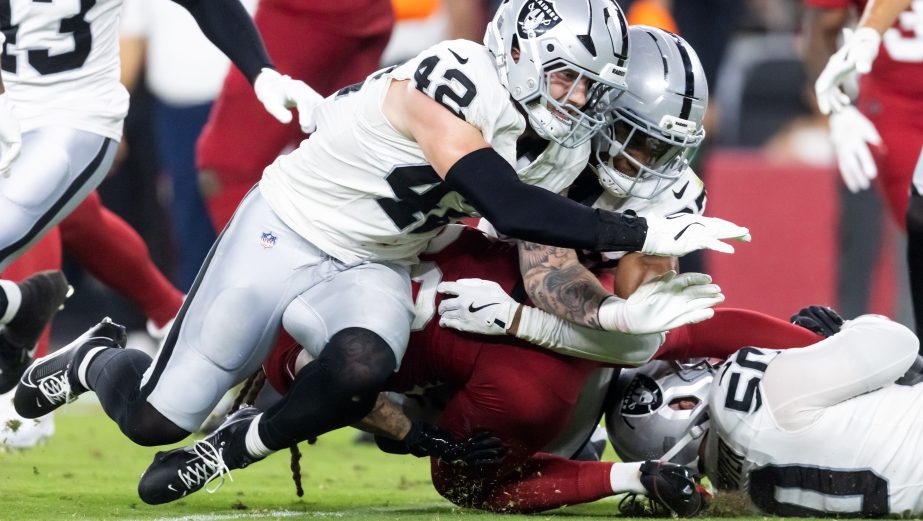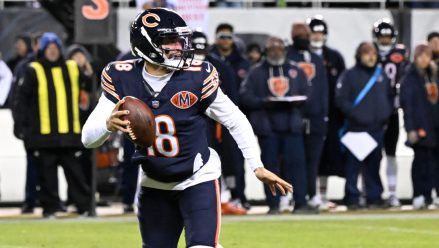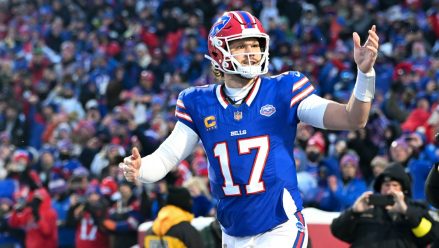“Adding pro and college football to our prediction markets hub is a no-brainer for us as we aim to make Robinhood a one-stop shop for all your investing and trading needs.”
That’s what JB Mackenzie, VP & GM of Futures and International at Robinhood, recently told ESPN. Those “markets” are just who will win games — no different than betting on moneylines at a sportsbook, other than who you are betting against. At FanDuel and DraftKings, you are betting against the sportsbook. At Robinhood and Kalshi, you are betting against either market makers or other people.
Very few people on Earth could call what they are doing with college football games at Robinhood “investing.” Maybe I got the headline backward, and it should be the “gamblification of investing.” Either headline points to a truth of today: The line between investing and gambling is not a bright one, and perhaps blurrier than it’s ever been.
This isn’t a new phenomenon; people have used trading and financial markets to speculate since the dawn of human history. I don’t know what the earliest example is in recorded history, but Aristotle’s Politics tells this story:
There is the anecdote of Thales the Milesian and his financial device, which involves a principle of universal application, but is attributed to him on account of his reputation for wisdom. He was reproached for his poverty, which was supposed to show that philosophy was of no use. According to the story, he knew by his skill in the stars while it was yet winter that there would be a great harvest of olives in the coming year; so, having a little money, he gave deposits for the use of all the olive-presses in Chios and Miletus, which he hired at a low price because no one bid against him.
When the harvest-time came, and many were wanted all at once and of a sudden, he let them out at any rate which he pleased, and made a quantity of money. Thus he showed the world that philosophers can easily be rich if they like, but that their ambition is of another sort. He is supposed to have given a striking proof of his wisdom, but, as I was saying, his device for getting wealth is of universal application, and is nothing but the creation of a monopoly. It is an art often practiced by cities when they are want of money; they make a monopoly of provisions.
The line between what someone would call speculation and gambling has almost disappeared with the rise of prediction markets. Robinhood and Kalshi are positioning their sports event contracts as “trading” rather than gambling. Some of that is just a legal calculation because of cease-and-desist letters and lawsuits across the country. (However, Kalshi still markets the product as “betting” when it suits its purposes.)
Robinhood takes it a step further, mentioning sports event contracts in the same breath as “investing.” Robinhood wants to be both your bank and your sportsbook. Robinhood puts prediction markets in the top-level of its UX. There’s no real difference in how prediction markets are served to consumers vis-a-vis other financial products. As I write this, my Robinhood app displays my stocks right next to the opportunity to bet on the winner of college football Week 1 games.
A lot of Robinhood users understood the platform to be — and use it as — a gambling app, even before it added sports betting. It’s not a place to store wealth or “invest” money for most users, but rather a place to speculate, gamble, ride the latest meme stock, and try to make money somehow. Or lose money, if you’re doing it poorly.
Appearances or real value
Some (many?) prediction markets clearly have economic utility, or hedging value, and create value in price discovery/determining odds of something happening. There are legitimate reasons for them to exist; that includes election markets. Yet, some of it has almost none of that value. (See: “What words will Cartman say in the next South Park episode?” or “When will Travis Kelce and Taylor Swift get engaged?”)
Whether the markets have real-world value is almost immaterial. The vast majority of the actual activity is just people speculating/betting/gambling; that becomes even more true when we get into sports.
Many of the entities that could hedge on outcomes really can’t bet, or might even get in trouble if they do. (Think owners, team executives, the players themselves, etc.). The idea that other entities — sponsors or businesses near the stadiums and arenas — might use these markets to hedge somehow is pretty far-fetched.
It leaves us in a brave new world, where your financial platforms are going to have prediction markets, and some of them will also be sports betting exchanges:
- Kalshi tells us it’s in process to add prediction markets to a number of brokerages, with CEO Tarek Mansour saying he believes it will be integrated with “most mainstream financial brokers” by the end of next year. It’s not clear if sports will be a part of any of these.
- FanDuel recently announced a deal with CME Group to get into financial prediction markets, although the long-term plan is clearly to set the stage for sports betting.
- Crypto.com is ramping up its prediction market offering, and just this week announced a partnership with Underdog Sports to post sports markets.
- Polymarket Wednesday appears to have gotten the clearance it needs to re-renter the U.S. as a regulated prediction market.
- And on top of that, we have other designated contract markets coming (i.e. Railbird), and potential partnerships with any of the above entities with a long list of potential suitors.
Whether sports event contracts survive in the courts or not, betting on literally everything else is here, and not likely to go away.*
The upshot
All of the above leads me to this: If gambling and investing are becoming indistinguishable, shouldn’t we just start treating investing as gambling, to some extent? Shouldn’t it have the same safeguards and standards and tools that we have in gambling? Should “responsible trading” become a hallmark of the new world order?
The answer is unquestionably yes. But that isn’t going to come from federal regulation. The Commodity Futures Trading Commission has no interest in treating prediction markets like a gambling product and dealing with all the problems that come with those. Congress isn’t going to do anything. Kalshi did institute some responsible trading tools, and I applaud that, but they’re almost impossible to find if you’re an average user. Robinhood (and Kalshi) would likely scoff at the idea that they should have any responsibility for their users losing money; Kalshi actually has!
Policymakers, regulators, media, etc. need to come to terms with the idea that gambling is not just the things we traditionally call “gambling” by legal definition; it’s much more than that. They have to start realizing the wave that is coming, and there’s some evidence that’s happening.
Investing is gambling. Gambling is investing. This is what the legal environment in the U.S. has wrought, for better or worse.
*Unless a Democratic president wins in 2028 and a less lenient Commodity Futures Trading Commission decides to try to shut it all down.
Dustin Gouker has been an executive, analyst, writer, and editor in the gambling industry for more than a decade after a career in newspaper journalism. He currently runs a gambling and content consultancy and publishes two daily newsletters: The Closing Line on the gambling industry and The Event Horizon on prediction markets.







